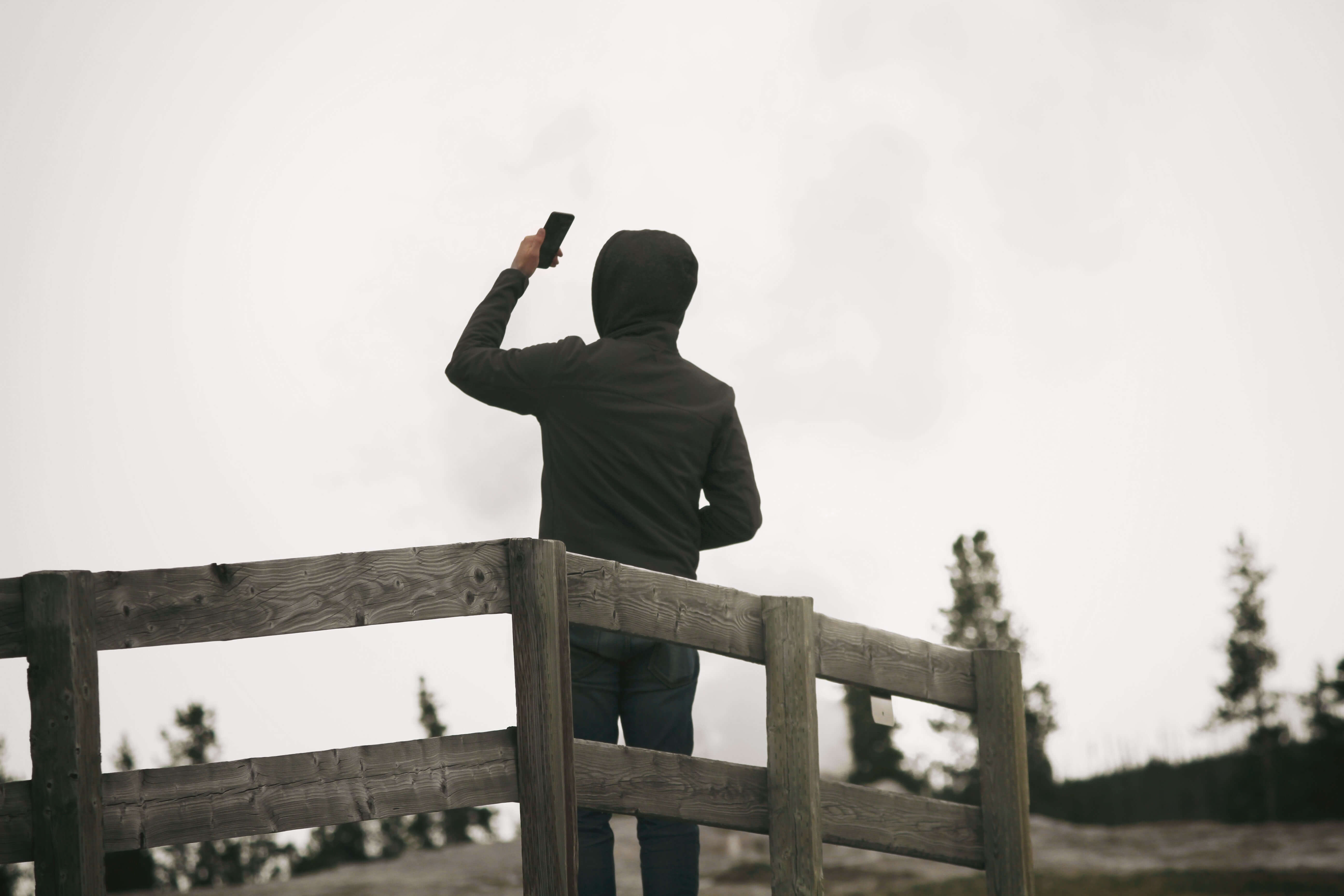For many people, stalking is a distant thought: it happens in horror movies, we laugh about “Facebook” stalking our friends, but we couldn’t possibly imagine someone stalking us or someone we know. Unfortunately, stalking is much more common than most people believe, and it is oftentimes difficult to recognize from afar. According to the Stalking Resource Center, approximately 7.5 million people are stalked each year in the United States. An estimated 15% of women and 6% of men have been a victim of stalking during their lifetimes, and of those, around 61% of female victims and 44% of male victims were stalked by a current or former intimate partner. Even when the stalkers are not current or former partners, the victim usually knows them in some way. Below are four big warning signs of stalking to beware of for yourself or loved ones.
1. Contacting you Constantly
Calling multiple times a day may be confused with clinginess or interest, but don’t be fooled: constant contact may be an early sign of stalking. Stalkers feel the need to know what you’re doing at all times, and the easiest way for them to do that when they’re not around is to call and text incessantly. In this era of advanced technology, constant communication is all too easy to initiate, therefore it is all too easy to blow off as normal. However, this behavior often escalates into stalking.
2. Obtaining Details Before You Provided Them.
Browsing a new fling’s social media accounts is pretty typical, but if someone starts asking extremely specific questions about an Insta-post with your ex, that should raise an eyebrow. Again, technology makes online stalking extremely easy, and an in-depth study of your presence on the internet could lead to digital tracking in the future. Making sure your passwords aren’t obvious is always a good idea because hackers and stalkers alike will try to guess or steal them; making you vulnerable.

3. Monitoring you Excessively.
Asking about your day is normal; inquiring countless times a day about your location and company and digitally tracking you are not. What may at first appear as extreme curiosity is often a sign of extreme control. If you notice that someone is asking a few too many questions about your activity, who you’re hanging out with, when you might be free, seek help: especially if they start showing up uninvited.
4. Showing up Unannounced
The occasional surprise is sweet if you make it clear to your partner or friend that you don’t mind or like it, but unannounced (and undesired) appearances are the brightest red flag of stalking. (Watch Intensity from our Behind the Post campaign to see a great example of what we mean). If you tell someone that you have plans to meet up with friends after work and he or she is waiting outside as soon as you’re finished, don’t blow it off as affectionate: this type of behavior can become extremely dangerous. Likewise, if you start receiving unwanted, unnecessary, and even inappropriate gifts, you may want to reassess your relationship.
If you only take away one thing from these warning signs, it is that you should always, always trust your gut: if it feels off, it probably is. To learn more about stalking and what you can do to keep yourself and your loved ones safe, visit the Stalking Resource Center or call 800-FYI-CALL (800-394-2255) Monday through Friday, 10 a.m. to 6 p.m. EST. And check out our top 5 picks for resources on stalking.
Browse by Category

Don’t Be on the Naughty List: Spotting Unhealthy Relationship Signs This Holiday Season
The holidays are meant for joy, connection, and celebration—whether it’s Christmas, Hanukkah, Kwanzaa, or cozy winter vibes. But if someone…
How to Have Healthy Holiday Conversations with Family (and Prep Your Partner)
The holidays are a time for family, good food, and—let's…
3.2 Million Strong: How One Love is Saving Lives Through Education
Please share this blog with your network across social media,…
Finding Strength in Our Stories: Domestic Violence Awareness Month
⚠️ Trigger Warning: This blog includes content and language related…
Understanding Domestic Violence Awareness Month (DVAM)
October is almost here, and that means it’s time to…














